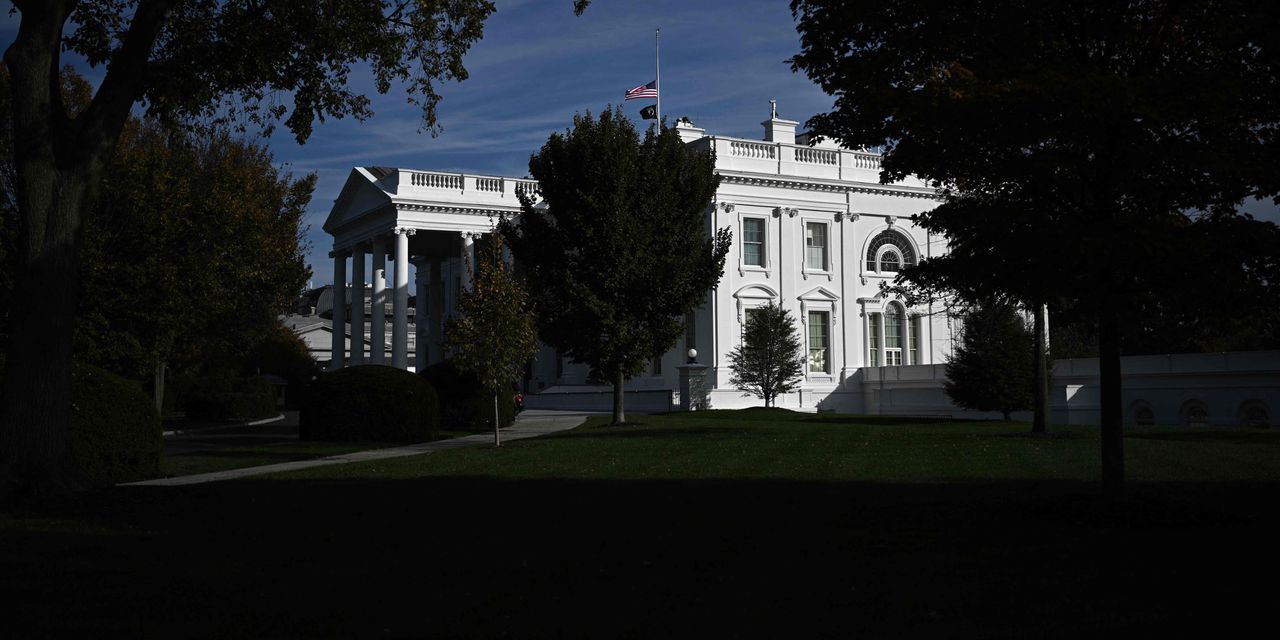The White House kicked off a multiagency push on Friday to help finance real-estate developers convert more office buildings in big cities emptied by the pandemic into affordable housing, taking aim at the nation’s housing crisis.
The initiative looks to harness an existing $35 billion in low-cost loans already available through the Transportation Department to fund housing developments near transit hubs, folding it into the Biden administration’s clean energy push.
It also opens up additional funding sources and tax incentives, offering a new guidebook to 20 different federal programs that can be tapped by developers and offers technical assistance in what can end up being tricky and expensive conversions.
A third peg of the program will see the federal government draw up a public list of buildings it owns that could be made available for sale to help bolster development.
“These downtowns and central business districts that we are taking about today often already designed and orientated around public transit,” said Transportation Secretary Pete Buttigieg, in a press briefing. “Our intention is to make the most of this opportunity to add more housing near transit in ways that not only reduces the cost of housing, but also often reduces the cost of transportation.”



I said it elsewhere and I will say it here.
We simply need an exponential multi home tax that has no loopholes, like turning every home into its own business entity. Any home that is owned in any part by someone that already has a home should double in tax rates for both homes. If they own 3 homes all three should double again. There should not be any cap to this figure. Taxes should eventually cost more than the home itself. If you have the money to burn, good, you should be putting it back into the community you underpaid and abused when you collected it from them in the first place.
One home for everyone before anyone gets a second one.
Unproduction is an even bigger deal, that’s exasperated by corporations buying up homes. We’ve been behind on home production (due to lack of federal support in home production, as well as zoning) before Covid. During covid, materials prices increased and home production dropped considerably. Does that mean we shouldn’t tackle the fact that in the US buying multiple homes is a good investment? no. But making an effort to deal with the housing supply issue is very helpful. https://www.businessinsider.com/us-underbuilding-housing-over-the-past-decade-2020-9?op=1 https://www.npr.org/2022/03/29/1089174630/housing-shortage-new-home-construction-supply-chain
Yes and no. The problem isn’t just these corps buying up houses and renting them out. Everything, even corporate greed must follow the supply and demand model. It DOES NOT MATTER how much landlords own the building if there is no demand.
Case in point, China overbuilt homes. There is literally 4+ homes available PER PERSON in China(calculating average sq/ft per home). The homes are literally pennies and the homes are all empty.
So while I agree that there is a problems with corporate greed, the majority of the problem is the supply. You increase supply, pricing comes down.